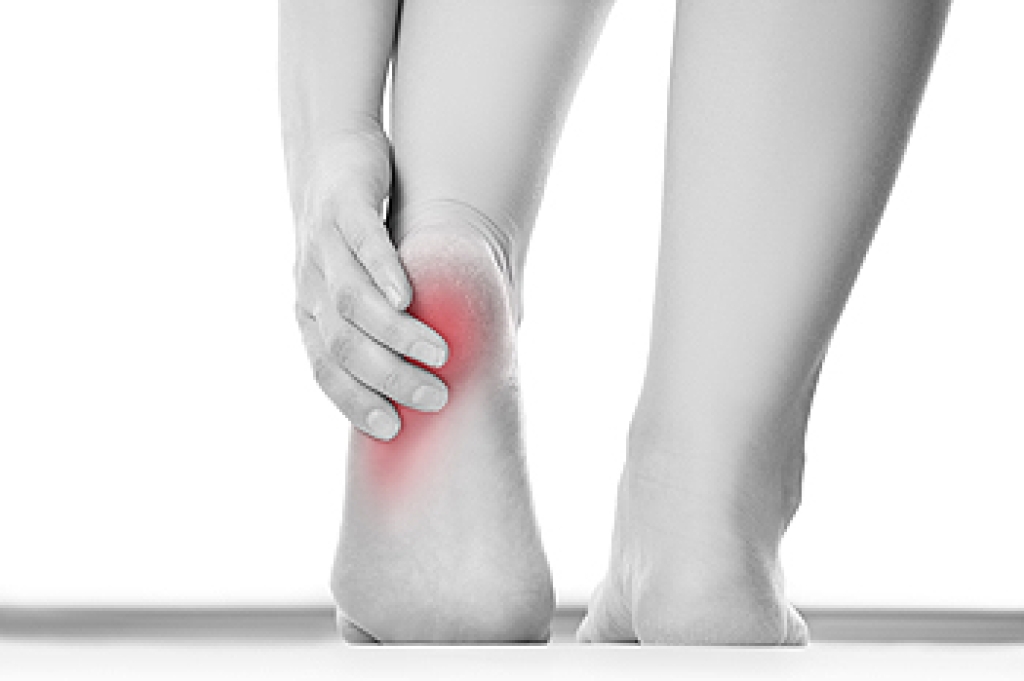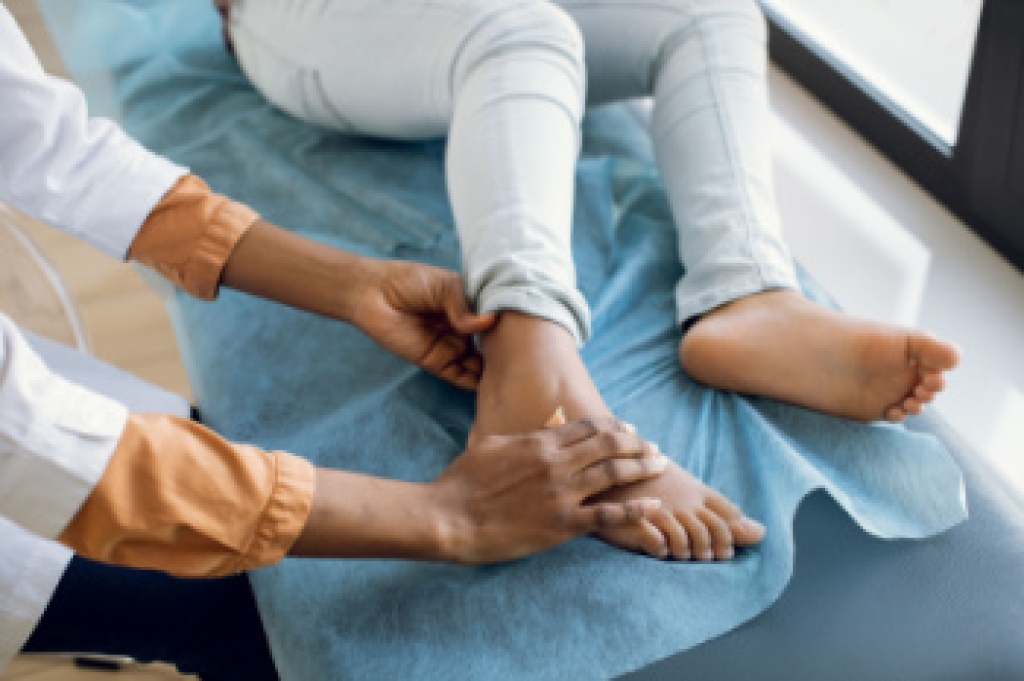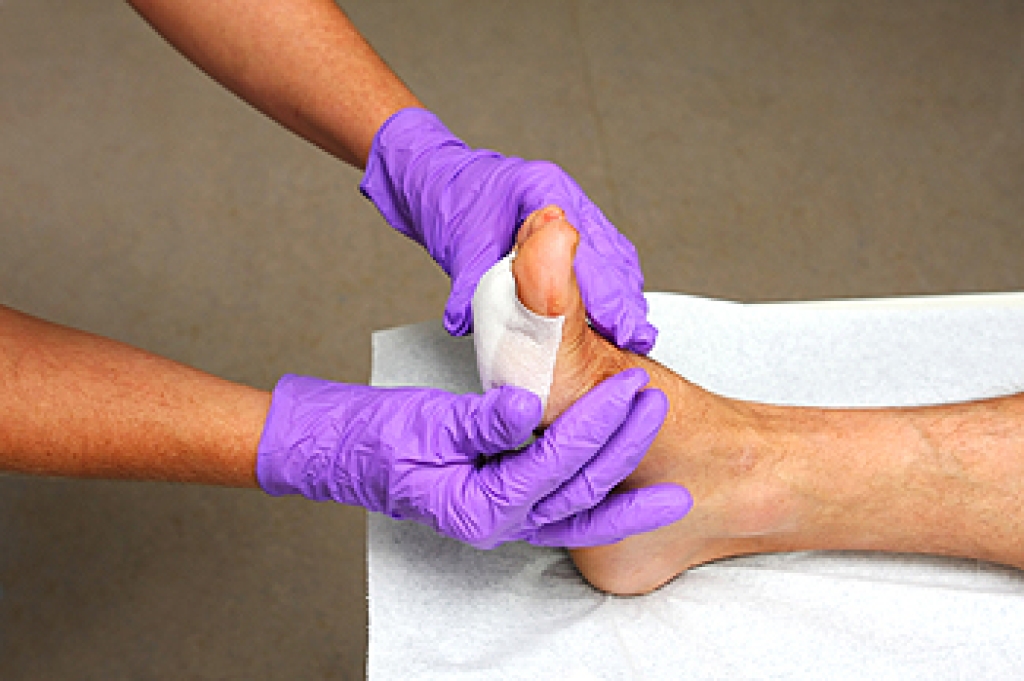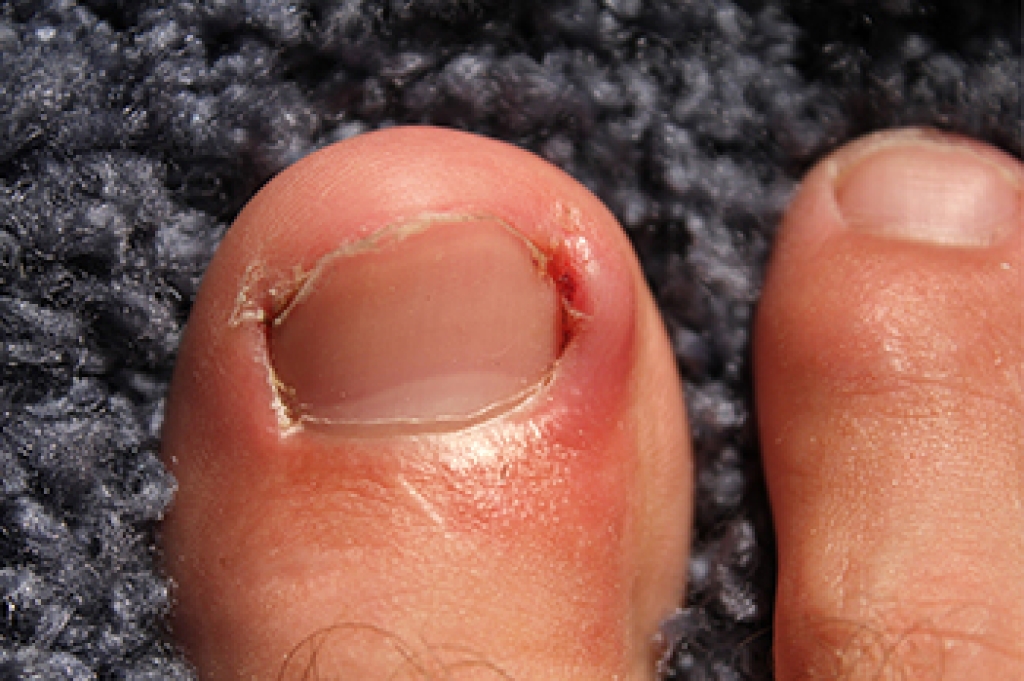 Heel pain is one of the most common reasons patients visit a podiatrist. Common causes of heel pain include plantar fasciitis, Achilles tendonitis, bursitis, heel spurs, or a stress fracture. While all of these injuries are different, there are a few signs to look for to determine whether or not consulting with a podiatrist is necessary. Immediate treatment will be needed if there is severe pain or swelling, loss of mobility in the foot, inability to bear weight, or redness. Other symptoms that will require care from a podiatrist include pain that lasts more than two weeks, pain that is getting worse, and heel pain that persists even when you are not walking or standing. If you have any of the above heel pain symptoms, it is suggested that you make an appointment with podiatrist for a proper diagnosis and treatment plan.
Heel pain is one of the most common reasons patients visit a podiatrist. Common causes of heel pain include plantar fasciitis, Achilles tendonitis, bursitis, heel spurs, or a stress fracture. While all of these injuries are different, there are a few signs to look for to determine whether or not consulting with a podiatrist is necessary. Immediate treatment will be needed if there is severe pain or swelling, loss of mobility in the foot, inability to bear weight, or redness. Other symptoms that will require care from a podiatrist include pain that lasts more than two weeks, pain that is getting worse, and heel pain that persists even when you are not walking or standing. If you have any of the above heel pain symptoms, it is suggested that you make an appointment with podiatrist for a proper diagnosis and treatment plan.
Many people suffer from bouts of heel pain. For more information, contact one of our podiatrists of New Jersey. our doctors can provide the care you need to keep you pain-free and on your feet.
Causes of Heel Pain
Heel pain is often associated with plantar fasciitis. The plantar fascia is a band of tissues that extends along the bottom of the foot. A rip or tear in this ligament can cause inflammation of the tissue.
Achilles tendonitis is another cause of heel pain. Inflammation of the Achilles tendon will cause pain from fractures and muscle tearing. Lack of flexibility is also another symptom.
Heel spurs are another cause of pain. When the tissues of the plantar fascia undergo a great deal of stress, it can lead to ligament separation from the heel bone, causing heel spurs.
Why Might Heel Pain Occur?
- Wearing ill-fitting shoes
- Wearing non-supportive shoes
- Weight change
- Excessive running
Treatments
Heel pain should be treated as soon as possible for immediate results. Keeping your feet in a stress-free environment will help. If you suffer from Achilles tendonitis or plantar fasciitis, applying ice will reduce the swelling. Stretching before an exercise like running will help the muscles. Using all these tips will help make heel pain a condition of the past.
If you have any questions, please feel free to contact our office located in Neptune City, NJ . We offer the newest diagnostic and treatment technologies for all your foot care needs.




